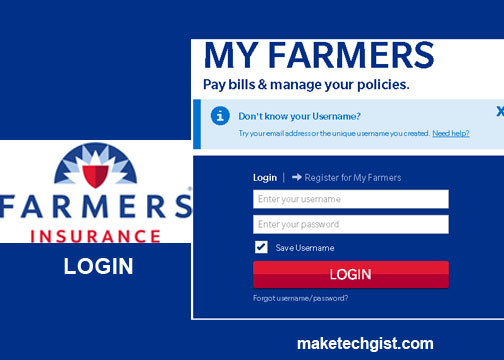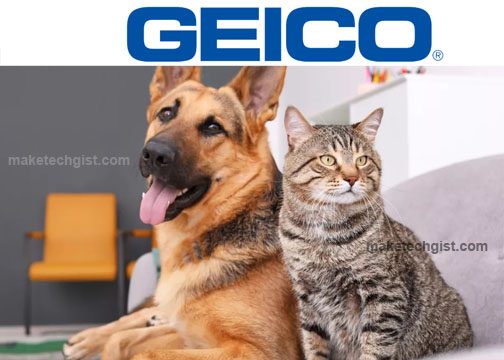Corporate-owned life insurance is life insurance that the company benefits from if any of the employees die. The company will receive the benefit of a specific person or employee within the organization. If an employee or company worker dies, the benefits will be given to the organization instead of the family or next of kin.

The employer bears all company risks, and the benefits of the employee or worker are ultimately provided to the employer. However, few organizations/companies will agree on a deal to share their benefits with their family or next of kin. Businesses enroll in corporate-owned life insurance, covering losses of any company member, to gain benefits from the insurance.
Tax Implications of Corporate-Owned Life Insurance
Many businesses sign up for corporate-owned life insurance because it offers some advantages. For example, the benefits of an employee/worker of that company who dies will be given to the company of the family members or next of kin. The company will gain access to the deceased employee’s account and other valuable assets. Practical uses for corporate-owned life insurance includes.
Estate tax and equalization
In some cases, like this, where the employee/worker has a share in the estate will be given to his/her family. The company will share the majority of the estate, Meanwhile, the remaining portion will be distributed to the family or next of kin as employee benefits.
Buy-sell agreements
Life insurance has been used by private companies for the aim of their sell-buy agreements with shareholders. The family might know about the business but not show concern for the business. Life insurance allows the deceased to purchase shares in their estate, covering the family or next of kin’s expenses. At the same time, the work is being carried out.
Advantages of Corporate-Owned Life Insurance
Tax advantages
In some cases, a little advantage corporate-owned life insurance enjoys is when the risk is being paid by the business that joins hands with them. The business enlarges and at the same time enjoys the benefits of the employees/workers of that company/organization.
Estate planning succession
Corporate-owned life insurance handles employer benefits in case of an employer’s death, deciding on the appropriate handling of the employer’s business. Either the company sells or finds other means of how to handle the benefits of the dead person. And to make sure everything goes within the company/organization and the family or next of kin.
Tax benefits
Corporate-owned life insurance has different advantages for businesses, making the business look good for other businesses to join. Through this idea of the company/organization, many businesses will love to join hands with them and make their business a profitable one.
Tax-free death benefits
One of the advantages of corporate-owned life insurance is that it offers tax-free death benefits. For example, if an employee/worker dies, his/her benefits will be used for expenses like the children’s school fees, house rent, and other basic amenities.
Tax-free policy loans and withdrawals
It provides a way for the company/organization to borrow more money than the normal figure the company/organization should borrow for a specific purpose or to cover up some expense.
Protecting key employees and business owners with corporate-owned life insurance
Providing financial security
Corporate-owned life insurance is also important in such a way that it provides security for both employer and employee. It stands as a security in such a way that the company/organization does not lose on both sides. And also at the same time make a better benefit for the employees/workers and their families.
Protecting against the loss of key employees
The company prioritizes the well-being of all employees to prevent significant damage if a well-known employee is lost. For them not to have damage in the company/organization.
Providing business continuity for owners
When an employee dies, the company will keep on protecting the dead person’s business until the business is profitable. Then they will hand it over to the family or next of kin to continue the business and also make sure it continues to be profitable.





